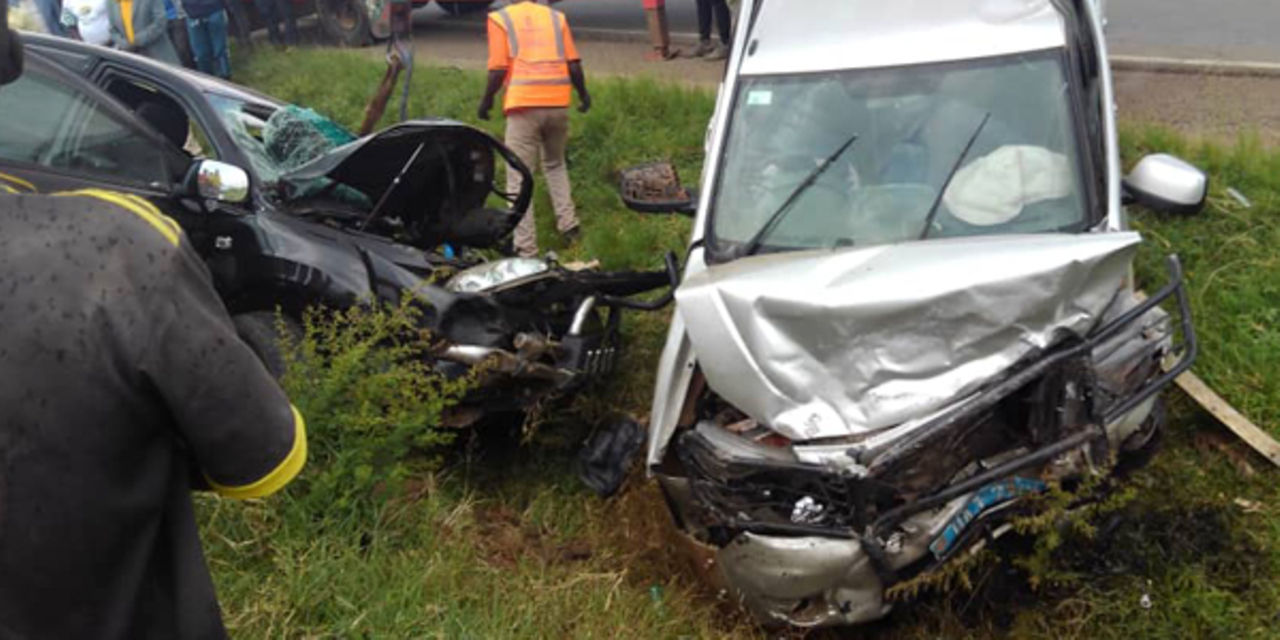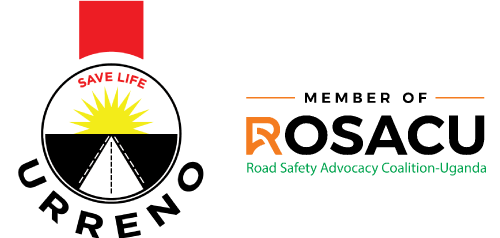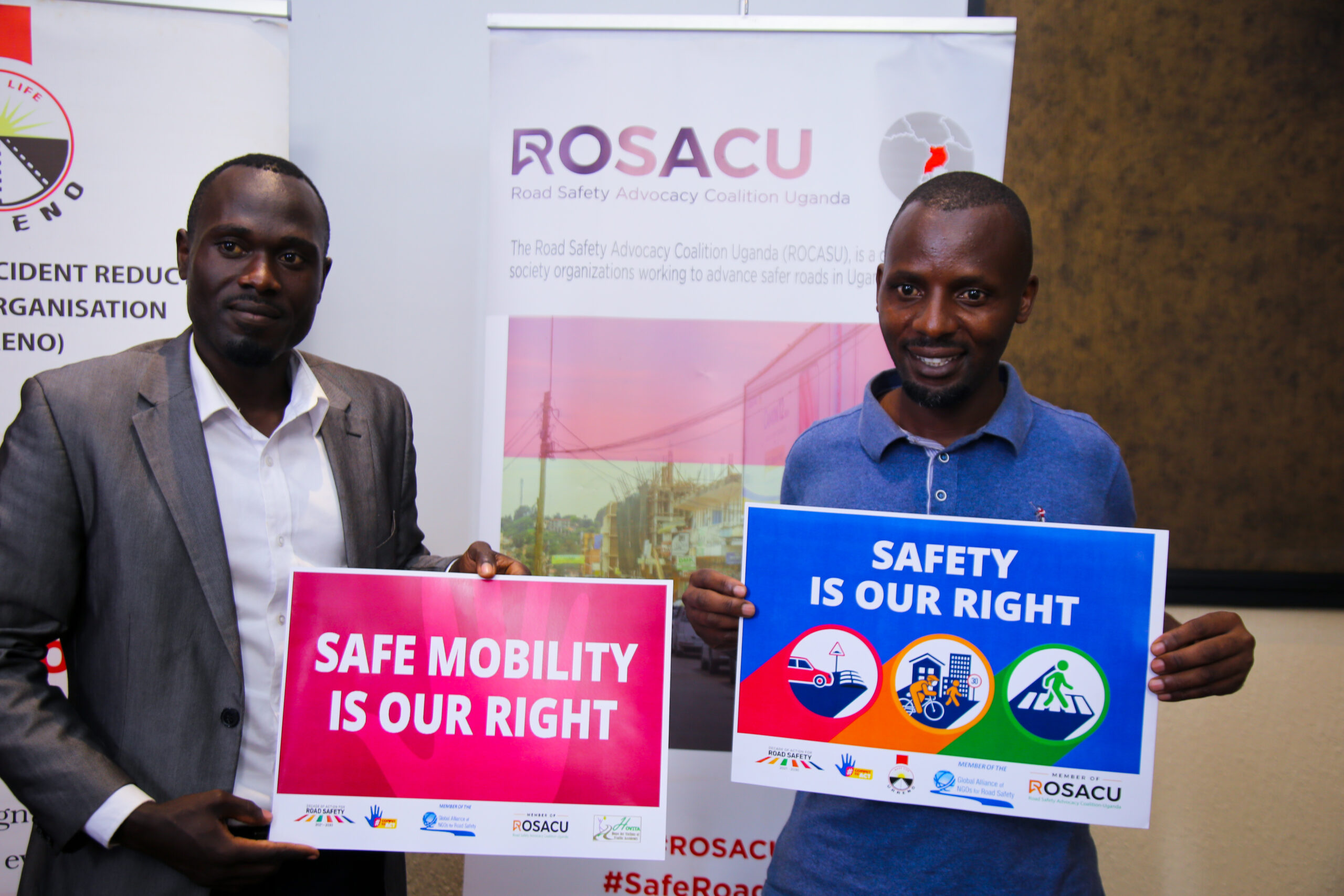
Govt should act decisively to improve road safety
In a space of three days, between December 23 and 26, at least 58 people were killed in traffic accidents. More than 190 sustained serious injuries across the country. These are the official police statistics which means that there are many other cases that were not reported and hence didn’t make it to the police records.
Of the 190 injuries reported, some may already have resulted into deaths or will end that way. Road traffic injuries, the World Health Organisation says, are the leading cause of death for children and young adults aged 5 to 29 years. Much of Uganda’s population is in this group. The 248 cases, both deaths and injuries, imply massive economic loses at individual, family and national level in terms of cost of burials, treatment, lost productivity, among other things. Road traffic crashes, the WHO estimates, cost most countries three per cent of their gross domestic product.
The normalisation of these statistics in Uganda is, therefore, worrying. The announcement by the police did not make news headlines. It did not elicit public anger, cause a national conversation nor even move the authorities to announce some concrete measures. Based on previous trends, more have died and more will die and business will remain as usual. Road traffic safety is a national issue. There is, therefore, urgent need to eliminate the corruption and loopholes in vehicle certification, licensing of drivers, monitoring of roadworthiness of vehicles.
Both the national and local governments must strictly enforce the existing traffic laws including on drink-driving, seat-belt wearing, speed limits, helmets for boda bodas and bicycles. Compliance should be a must. In the process, authorities must regularly review these legal instruments to ensure that they are up-to-date and are in tandem with international standards.
Government must also work with the private sector and the civil society to improve our road safety system with the aim of minimising fatalities and injuries. This can take the form of advocating for a reduction of the speed limit of roads, improvement of pedestrian access and mobility and monitoring the compliance with traffic laws and regulations.
The WHO advocates for “effective interventions” which include designing safer infrastructure and incorporating road safety features into land-use and transport planning, improving the safety features of vehicles, improving post-crash care for victims of road crashes, setting and enforcing laws relating to key risks, and raising public awareness.
When the police released the latest annual crime report in January, there was celebration of a reduction of 4.7 per cent in the number of traffic accidents reported in 2020 from 12,858 accidents reported in 2019 to 12,249 accidents reported in 2020. The reduction happened in a year that Uganda had major lockdowns including halting public and private transport for weeks. Still more than 12,000 people died in road carnage, three times more than what Covid-19 has claimed since March 2020.



